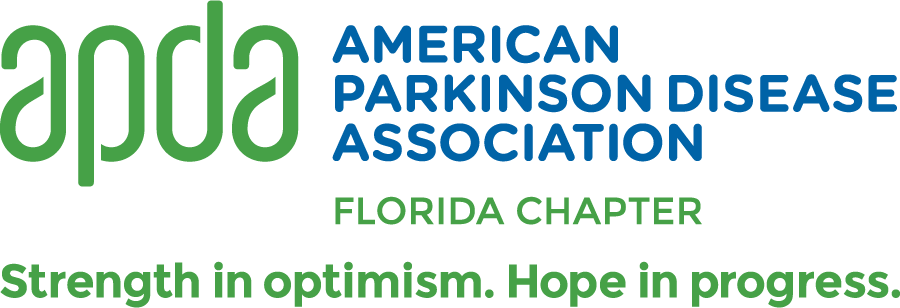If you have loved ones who are seniors, you are probably concerned about their health. No doubt, you do your best to make sure they are well taken care of. In all the effort that goes into making life easier for your loved one, it’s hard to keep up with all the things that could threaten the health of the older adults in your life. But, having a bit of information about such things can definitely help you stay ahead of the game.
Why You Should Know About Strokes
First of all, it’s important to note that strokes can affect people of all ages. But, a significant amount of people who have strokes are older adults, 65 years and up. To be more specific, nearly 75% of strokes occur in adults of this age group. So, knowing more about strokes is helpful to those who care for older parents, grandparents, or friends.
Another reason to know more about strokes is the fact that early action helps. Recognizing the signs of stroke early allows one to get help as soon as possible rather than too late. If you see these signs, you can get emergency aid involved much sooner than someone who doesn’t know much about strokes.
What is a Stroke?
A stroke can happen to anyone at any time. It’s an attack on the brain that happens suddenly and can have a big impact on a person for a long time. Its effects could even last for the rest of a person’s life. The way a stroke impacts an individual depends on the exact location and amount of damage done.
Strokes happen when the blood flow to the brain is cut off. Oxygen can’t get to the brain cells, causing the cells to die. As these cells die, that area of the brain begins to lose the ability to do its job. For example, muscle control or memory could be lost.
Types of Strokes
Most of the strokes that take place fall under the category of ischemic strokes. This kind of stroke happens because plaque builds up in the arteries. This buildup of plaque prevents blood from properly flowing because the arteries become narrower. The blood then begins to pool and clot and the artery becomes blocked. There are two kinds of ischemic stroke:
Thrombotic stroke: Happen when a blood clot forms in the artery, stopping blood from flowing to the brain
Embolic stroke: Happens when a blood clot forms and then travels to the brain, stopping the flow of blood in the brain
Hemorrhagic stroke: Occurs when bleeding in the brain damages the cells around the damaged area. This type of stroke can be caused by high blood pressure and other factors.
More About Strokes: Signs To Watch Out For
One of the most common ways to teach people about knowing if a stroke is happening is the acronym FAST. It stands for Face, Arms, Speech, Time.
Check the face of your loved one. Can he or she smile? Does one side of the face droop? Take a look at the arms. Can your friend raise both arms? Does one arm fall back down? Speech should also be tested. Is the older adult’s speech slurring or are they speaking clearly? Time is of the essence. If you notice that there is a problem in any of these areas, call 911 immediately.
Other signs of stroke include sudden confusion and numbness in various parts of the body. Trouble with vision, dizziness or imbalance and severe headaches are also signs of stroke.
Florida First Senior Care
No one knows if or when a stroke may take place. But it’s always good to be prepared. If a senior in your life has suffered a stroke and you need someone to help take care of him or her, help is a phone call away. CareGivers of America works to pair seniors like your loved one with nurses who can help with a referral service. These nurses are well-trained and may be able to assist with caring for older adults who need a little help at home. If you need in-home care for your loved one, contact Florida First Senior Care today.






